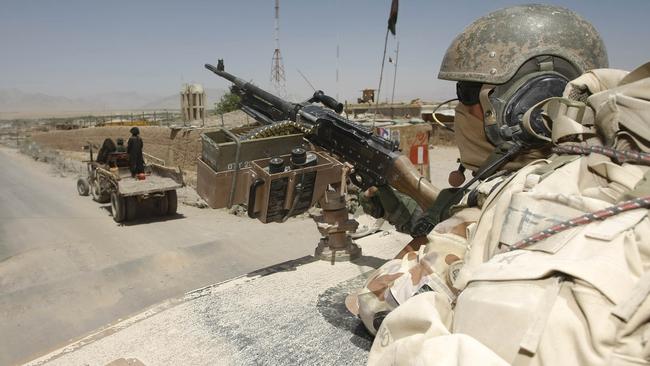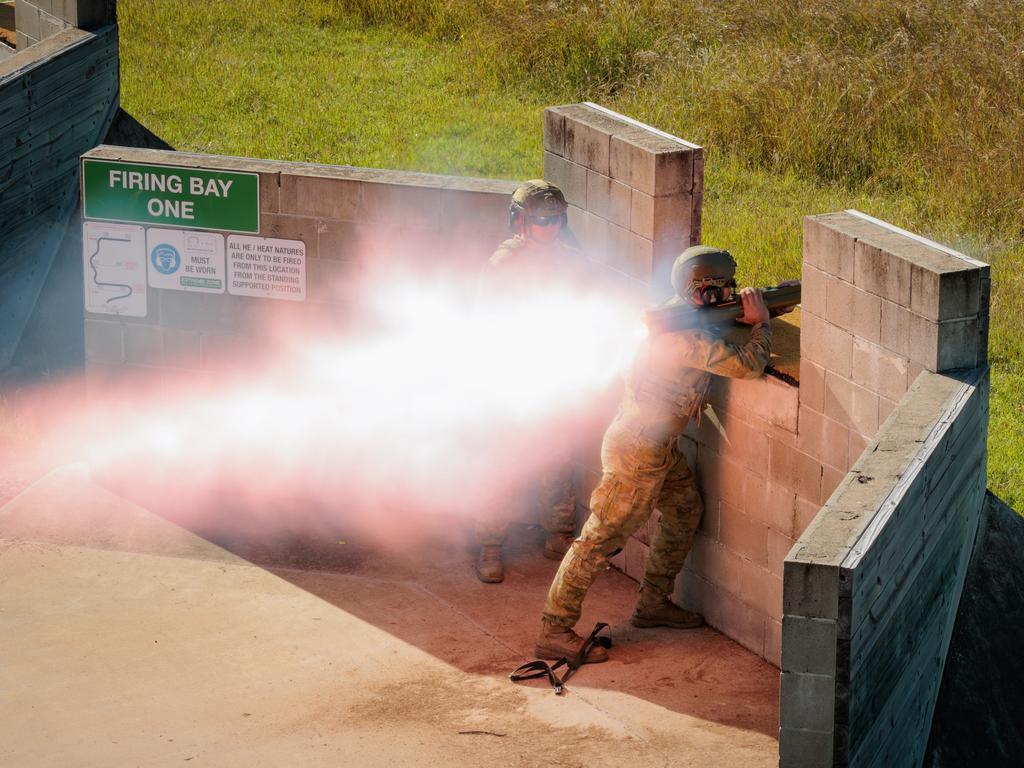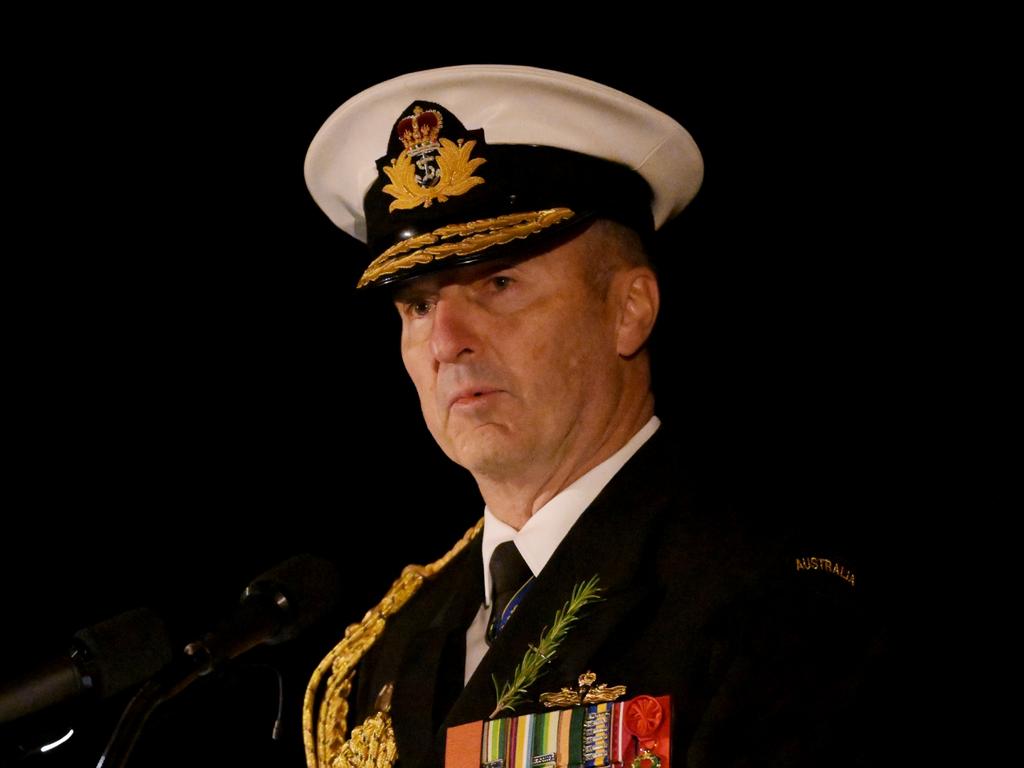Defence Department compensation plan for Afghan killings
Entire villages in Afghanistan could benefit from a scheme to compensate victims of unlawful killings and abuse by Australian special forces while on deployment.

Entire villages in Afghanistan could benefit from a scheme to compensate victims of unlawful killings and abuse by Australian special forces while on deployment, with the Chief of Defence granted decision-making power.
The day before they came into effect on Friday, Defence Minister Richard Marles quietly released the regulations, which provide a pathway for families of the 39 Afghans killed by Australian Defence Force personnel and other victims who suffered “unlawful assault or property damage” to receive financial payouts and other forms of compensation.
Documents outlining the long-anticipated response to the inquiry into Australian Defence Force war crimes in Afghanistan, released almost four years ago, say individuals who are “reasonably likely” to be the relatives of wrongfully killed Afghans and other victims would be eligible for a payout, but did not specify a dollar figure. Those seeking compensation would also have to be “reasonably likely” not to be a member of a terrorist organisation or subject to sanctions.
In documents outlining the functioning of the scheme, the Albanese government acknowledged the precarious security situation in Afghanistan, complexities arising from the “broad” definition of family, and risk that victims receiving financial compensation could become “targets for criminal organisations or the Taliban”. Security experts and the Greens have raised conflict-of-interest concerns about placing the nation’s highest-ranking military figure in a decision-making position on compensation claims for misconduct committed by his own personnel, rather than an independent arbitrator.
Under the regulations, Chief of Defence Force Admiral David Johnston would refer individuals to a newly created Afghanistan Inquiry Compensation Advocate, who would then make their recommendation on the outcome to the top-ranked military official.
Documents explaining the functions of the scheme said that the CDF, who would also be responsible for deciding if he will accept the advice concerning the claim or reject it, would be “best placed to source and verify information”.
The scheme brings the government closer to responding to the 15 recommendations set out in former judge Paul Brereton’s November 2020 report into ADF war crimes committed after the US-led invasion of Afghanistan, with a spokeswoman for Mr Marles saying the government was committed to implementing the Defence-designed compensation scheme.
“The Deputy Prime Minister has been clear about the Albanese government’s commitment to implement the recommendations of the Brereton Report to the fullest possible extent, including establishing a pathway for compensation,” she said.
“The Deputy Prime Minister, in his capacity as Minister for Defence, directed Defence to design a scheme in consultation with relevant agencies. The establishment of the Afghanistan inquiry compensation scheme represents a significant step forward in closing out these recommendations.”
In circumstances where entire communities have been impacted by the death of a person they relied on, the regulations said “in kind” compensation could be provided for an entire village, such as through the “building of infrastructure”.
The scheme, which can provide compensation without establishing criminal liability for killings, also noted sums of money may not provide compensation in the “same way” infrastructure or other supplies would.
Opposition home affairs spokesman James Paterson said the Coalition had sought a briefing from the government on the scheme and “will consider it carefully in the national interest”.
Greens Defence spokesman David Shoebridge said Labor had designed a “bizarre system” to assess compensation claims, arguing the CDF had full-time duties to attend to and adding “hundreds of extremely complex applications” to his workload seemed “unworkable”.
Senator Shoebridge raised concerns about the powers allowing the CDF to overrule the decision of an impartial assessor, as long as he writes to inform the minister within 15 days about his departure from the advice.
“Giving the CDF veto power over the advice of a claims assessor is clearly wrong,” Senator Shoebridge said.
“The head of the organisation that committed war crimes should not get to dictate what compensation victims should receive. It’s the very definition of a conflict of interest.
“Families in Afghanistan deserve justice, including for crimes that happened over a decade ago. What is needed is an independent advisory body that can act swiftly, fairly and transparently assess claims with respect to Afghan families who have lost so much.”
ANU Development Policy Centre senior lecturer Nematullah Bizhan agreed a “neutral, civilian committee” might be better placed to assess compensation claims, while raising concerns that Afghans living under the Taliban would be fearful of receiving money from Defence.
“I would think having a more neutral actor could add more credibility to the process,” he said.
“And then also, especially now … if (the families) know there is this link with the Defence Force, they may get worried that they’re getting money from Defence, especially under the Taliban.”






To join the conversation, please log in. Don't have an account? Register
Join the conversation, you are commenting as Logout